Article Summary
- Mele Kyari says that the majority of the Nigerian population are not benefitting from fuel subsidy.
- According to him, those who benefit from the fuel subsidy are the upper class in society because they have a wide range of vehicles that are not used for mass transportation.
- Kyari maintains that the new pump price is better for Nigerians in the long run.
Mele Kyari, the Group Chief Executive Officer of the Nigerian National Petroleum Company Limited, has said that only 10 to 15% of Nigerians benefitted from the fuel subsidy regime.
He stated this during an interview on Channels Television on Thursday night. According to him, many Nigerians do not own cars, so they rely on public transportation.
Meanwhile, there are Nigerians who own three to four cars, as well as escort vehicles, which consume more fuel than ordinary Nigerians.
He also said that there are fuel stations that never sold fuel at the previously regulated price of N195 per liter, especially outside city centers. He said:
- “There is nowhere you will find stations selling at regulated prices except for NNPC and a few others and many of the cars on the road are owned by people that are not using these cars for the purpose of transporting the mass of people. They are also not using it to transport people to their workplaces.
- “The owners are mostly business leaders, people who have resources and ability. Then you have a marginal group of people, those who drive their cars to work.
- “This is very reflective in the consumption of fuel. They are maybe 10 to 15% of the population taking the value of 100%, that is what we are dealing with.
- “The effect only comes to the ordinary man because some of the transport means for the ordinary people are keke napeps and some of the small cars we are seeing around. These cars consume the least amount of fuel.”
Dealing with arbitrage
Kyari also noted that the increase in fuel pump prices drastically reduces the arbitrage environment the market has created. He highlighted the fact that Nigeria has an arbitrage environment. He said:
- “Before this decision we took, fuel was selling for N195 per liter in Abuja, but just across the border, there is nowhere you have prices that are less than N500 per liter.”
Kyari said that Nigerian fuel is being sold in other African countries going as far as Sudan. He cited an example saying when 60,000 liters of fuel are taken from Lagos to Maiduguri legitimately, the margin for the trader is about N300,000 to service the fuel station, and pay workers.
It also means the trader is making about N1 million from the sale of four trucks of that capacity, meanwhile, buying the fuel could cost up to N8 million. But if this same product is taken across the Nigerian border, the marketer makes N12 million to N17 million. So, the new pump price will reduce fuel smuggling because Nigerian fuel now sells at the market price.
Data on fuel consumption
While addressing data on fuel consumption in Nigeria, Kyari said that currently, Nigeria has no credible data on fuel consumption. However, there is credible data on evacuation from the depots. He said:
- “I don’t think there is credible data on fuel consumption but there is credible data on evacuation from the depots. Every truck that leaves from every depot in this country is known – the truck number, the driver, and the planned destination of that product.
- “We have numbers around this, and those numbers are what we assume is our consumption rate. But we know that it may not be so because we know that petroleum products are smuggled across the country.”
What you should know
Mele Kyari said that vandals have made it practically impossible for the country to transport fuel through pipelines. He gave an instance saying that for the last 17 years, it has been impossible to operate the line from Warri to Benin. However, he said the NNPCL was working on technology solutions to tackle this challenge.

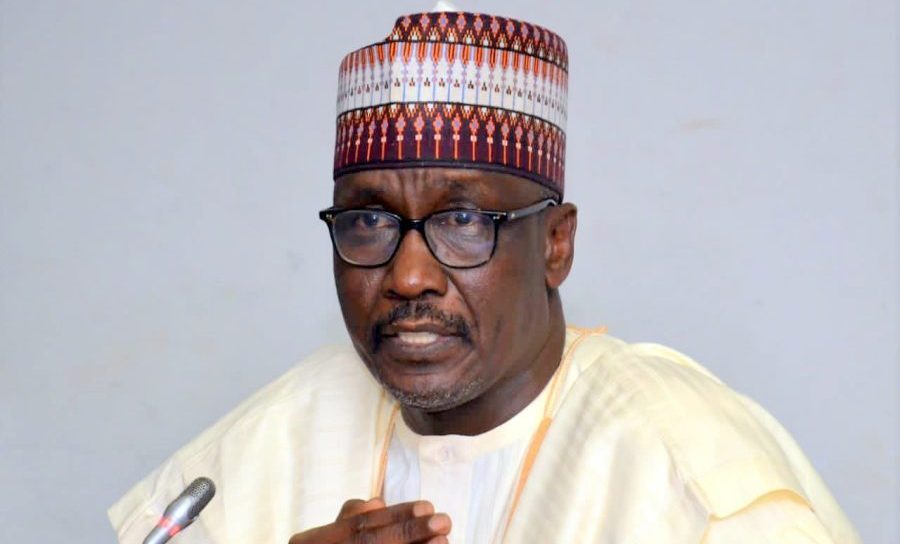






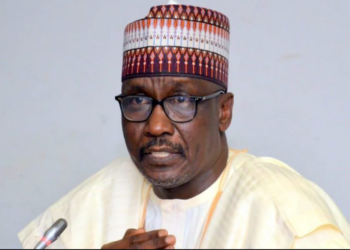
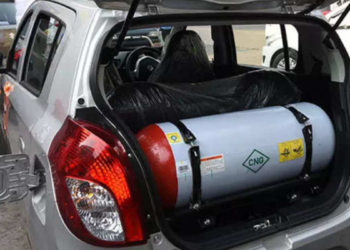

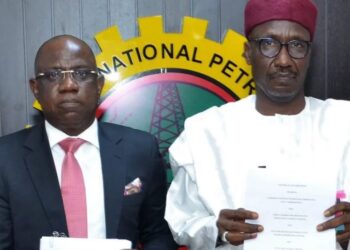

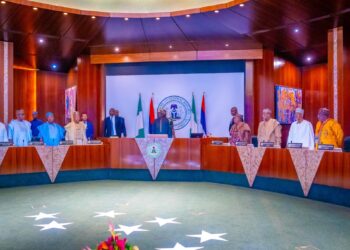
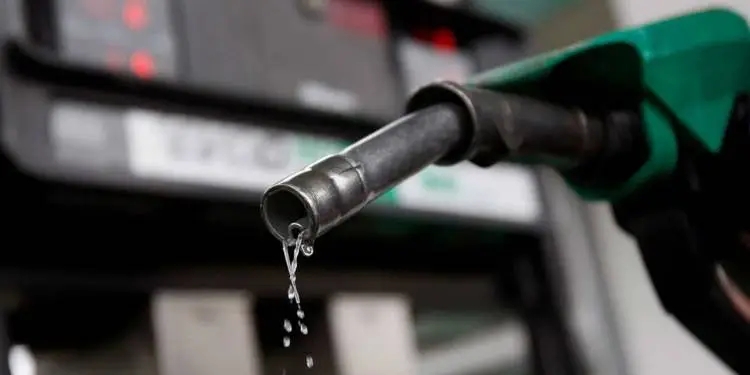







while i agree that the rich benefit more on the subsidy, it is not accurate to say that the masses do not benefit a great deal. The removal of subsidy will lead to substantial rise in our CPI and the common man will surfer more.
@Samuel Ugwuodo, okay, please explain to us all how 46 years of subsidy has actually been to the benefit of the masses, when in your own words “the rich benefit more on the subsidy”
The bottom 40% of Nigerians consume just 3% of petrol in the country today. Furthermore in 46 years, the poverty rate in Nigeria has increased from 15% to over 60% today.
So where are the supposed benefits of subsidy in your mind?
The problem.is not removing subsidy..Now the president has ordered palliatives that is open to abuses by unscrupulous politicians and the disciples of Tinubu who.are.after our comon.wealth. We need to know the size of the palliatives. Where is it going to be sourced when government did not budget for subsidy. What are the structure to implement the palliatives and.what each local government would get. The problems of.every local government and state differs. Buses.may not be the critical issue in many states. Some areas are water, good roads, erosion.control, drainages, street light, repair of primary and secondary school, remodeling of police stations, purchase of transformers etc..A generalized purchase of.buses is open.to corruption and may not have desired impact. We need to.avoid abandoned projects. The selected projects must have high social impact. There must not be over invoicing or stealing of this palliatives. We need to know the number of months funds will keep being released. We do not want the palliatives rooted through any Ministry. Create an arhoc structure for it and disband after completion of work. The activities must be audited by a consortium.of local auditing.firms and not only the big four. We do not want any school feeding programme. The food is of low quality..it should be scrapped along.woth tradermoni and.theblousy likes.